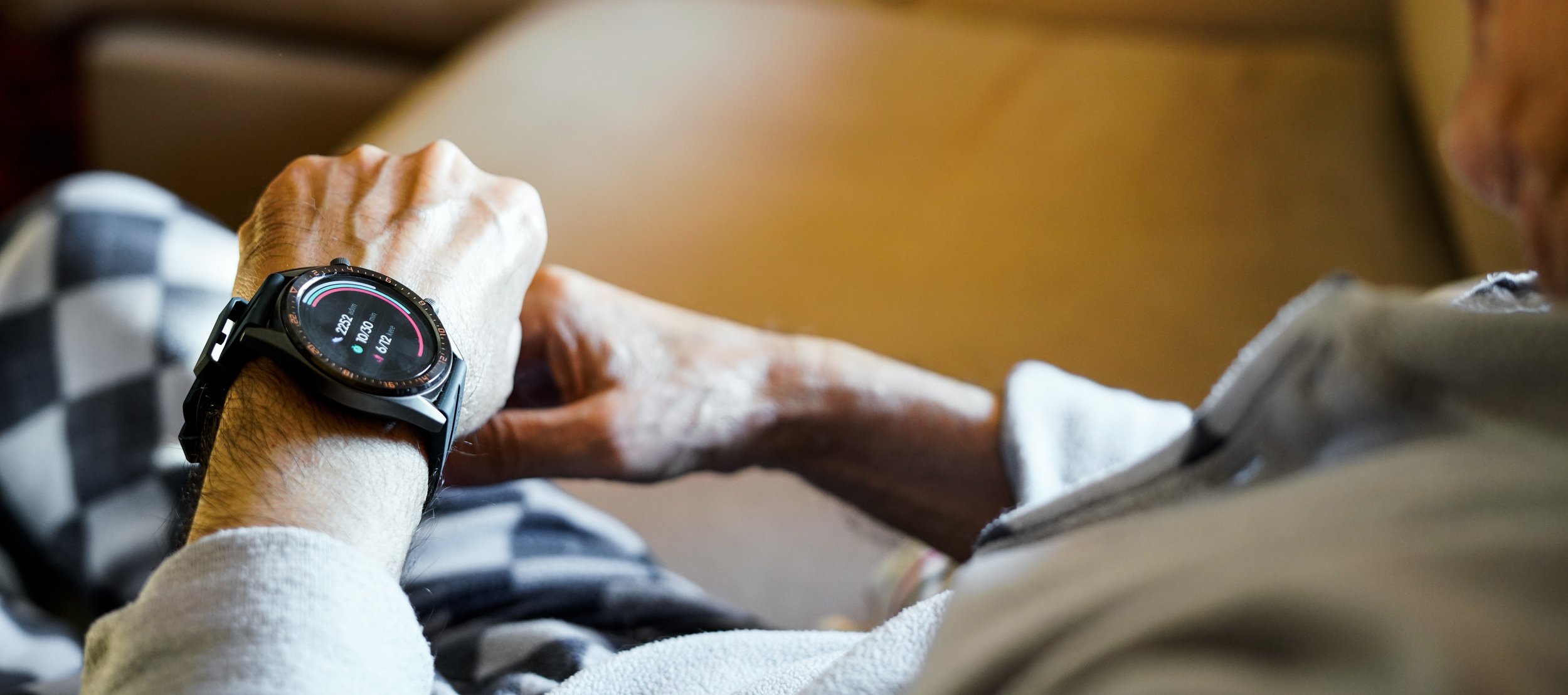Trauma informed practice in dementia care
Trauma-informed practice in dementia care is a way of caring for individuals living with dementia that takes into account the possibility that they may have experienced traumatic events in their lives. Traumatic experiences can have lasting effects on a person's mental and physical health that will continue to impact the person throughout their life.
What is trauma?
Trauma is a person’s emotional response to a distressing experience. Few people can go through life without encountering some kind of trauma. Unlike ordinary hardships, traumatic events tend to be sudden and unpredictable, involve a serious threat to life—like bodily injury or death—and feel beyond a person’s control. Most important, events are traumatic to the degree that they undermine a person's sense of safety in the world and create a sense that catastrophe could strike at any time. Parental loss in childhood, car accidents, physical violence, sexual assault, military combat experiences, or the unexpected loss of a loved one are commonly traumatic events.
Trauma responses are likely to be one or more of the following –
Hypervigilance
Avoidance
Re-experiencing
Emotional dysregulation
Withdrawal
Trauma in dementia care
Feedback from our popular best practice training and also the stress and distress training has highlighted several instances of the person with dementia experiencing a trauma response to an identified trigger.
This could be in the form of a person who has experienced severe poverty hording food and becoming distressed when this is removed, or a person who has experienced war becoming distressed at sudden loud noises and interpreting them as enemy fire; this also leads to distress and potential seeking of safety or a fight or flight response.
Staff are often able to identify the trigger through life story work, but what then?
If the trigger can be removed then this should be done. If not, what strategies can we put in place to minimise a trauma response and provide therapeutic interventions?
Therapeutic interventions
Caregivers can provide support to individuals with dementia who are experiencing triggers to trauma in the following ways:
Recognize the signs of trauma triggers – remove if we can
Life Story work – to inform of potential previous trauma
Calming and low stimulus environment – to offer one to one therapeutic interventions.
Supported mindfulness practice - use sensory cues, such as music, sounds or scents, to help the person focus on the present moment. For example, you might play a piece of calming music and ask the person to focus on the sound and how it makes them feel.
Encourage the person to focus on the present moment and let go of worries about the past or future. You might ask them to describe what they see, hear, smell, or feel in the present moment, and possibly also use aromatherapy.
Weighted blankets and reducing anxiety - weighted blankets can help reduce anxiety by providing a sense of security and comfort. The pressure from the blanket can activate the parasympathetic nervous system, which can help regulate the body's stress response and reduce anxiety symptoms.
Providing sensory stimulation - people living with dementia may benefit from sensory stimulation, and a weighted blanket can provide a comforting tactile experience. The texture and weight of the blanket can offer sensory input that can be calming and soothing.
DSDC runs a range of courses that can support trauma informed practice in dementia care. View our scheduled training courses, or contact us to find out more about what we can offer. This includes our Best Practice in Dementia Care Learning Programme, Stress and Distress, and Meaningful Activities for People Living with Dementia.
What is trauma? - Psychology Today
Telhede, E., Arvidsson, S. and Karlsson, S. (2021) Nursing staff’s eperiences of how weighted blankets influence resident’s in nursing homes expressions of health - National Library of Medicine





